Ever thought you had the British Royal Family all figured out? Think again! From their powers and privileges to their personal lives, there are plenty of misconceptions floating around. Let’s dive into the myths and uncover the truths that might just surprise you.
1. They Have No Real Power

While the monarchy’s role is mostly ceremonial, the monarch retains several formal powers, including appointing the Prime Minister and giving royal assent to legislation. However, these are largely exercised on the advice of the government.
2. The Royals Live Off Taxpayers’ Money Exclusively
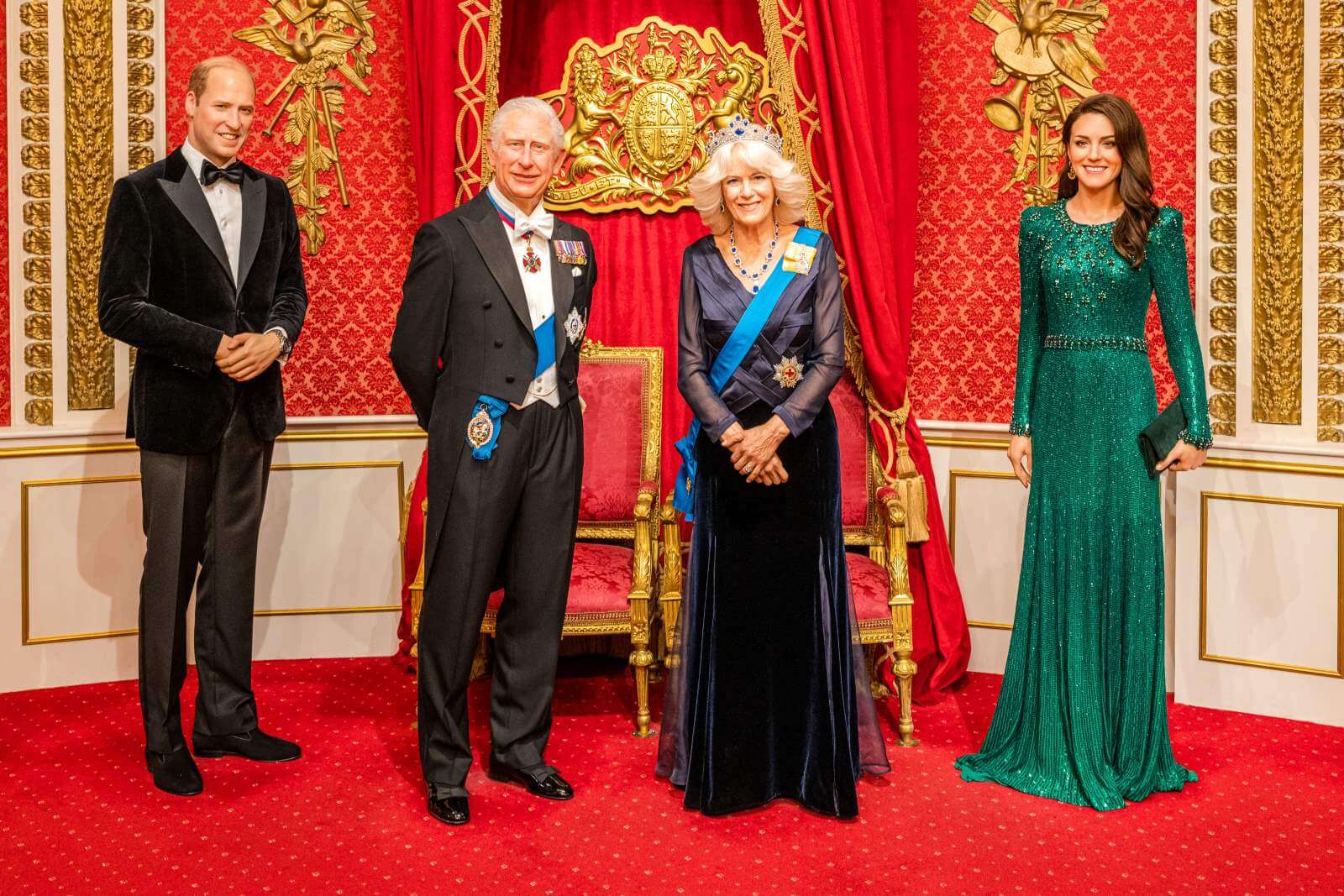
The Sovereign Grant, funded by taxpayers, covers official duties and maintenance of royal palaces. However, much of the family’s personal wealth and expenses come from private estates and investments, like the Duchy of Cornwall for King Charles III.
3. They Can’t Vote or Express Political Opinions
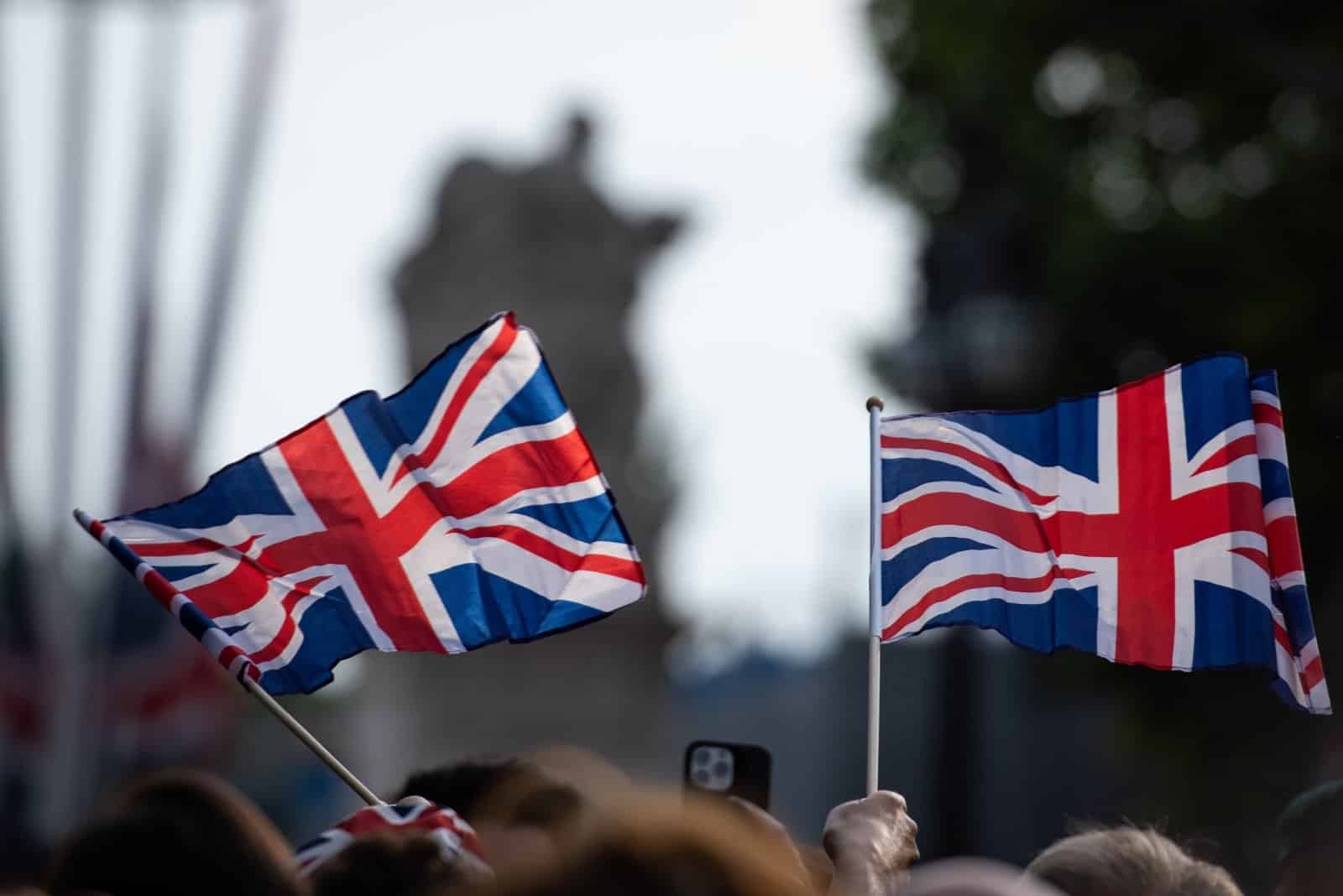
While there’s no law preventing royals from voting, they abstain to maintain political neutrality. They generally avoid public political statements, but they do engage in non-partisan activities that can have social and political implications.
4. The Monarch Can Declare War
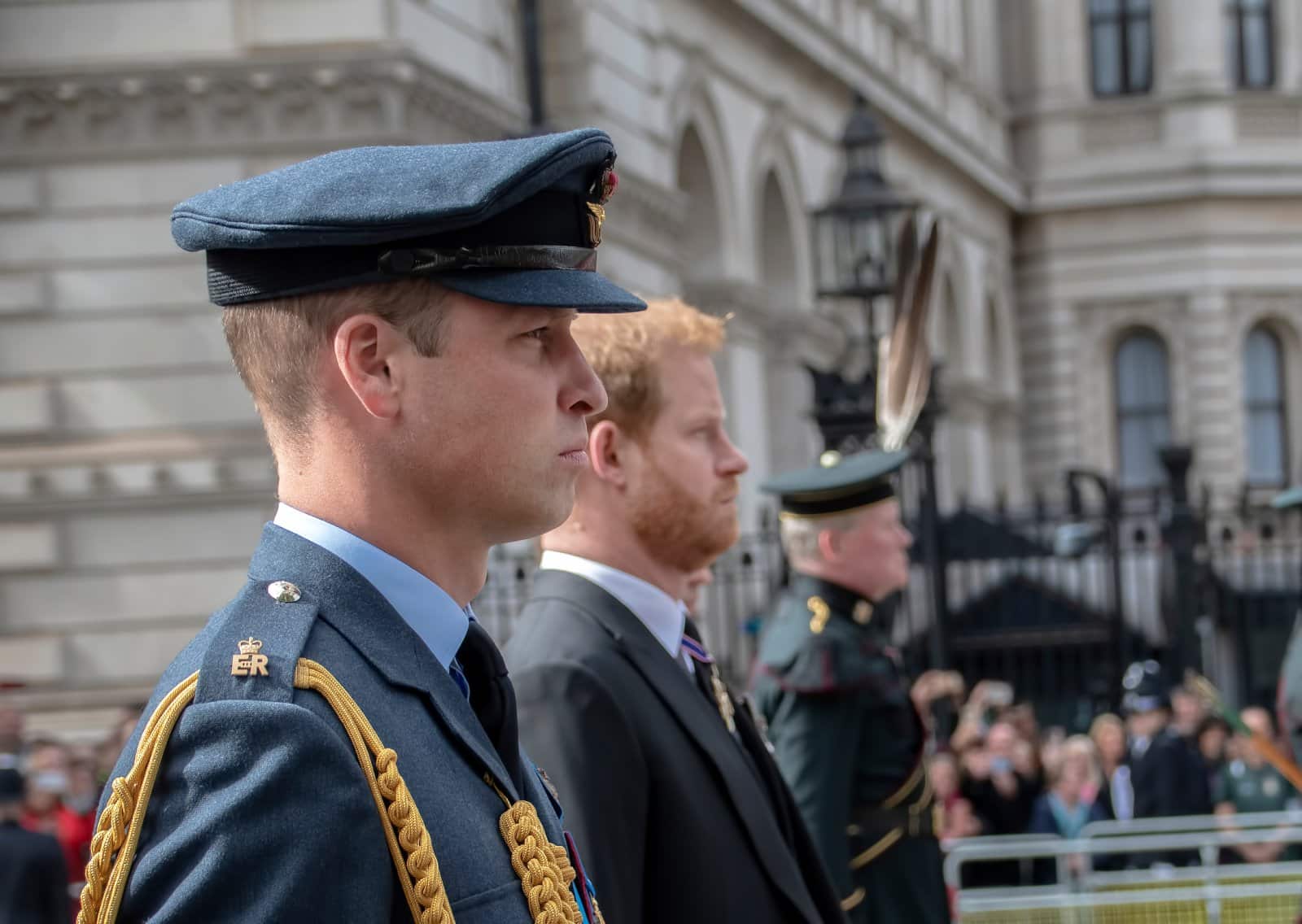
This power theoretically exists but in practice, the decision to declare war is made by the Prime Minister and Parliament. The monarch acts on the advice of elected officials.
5. Royals Are Forbidden From Marrying Commoners
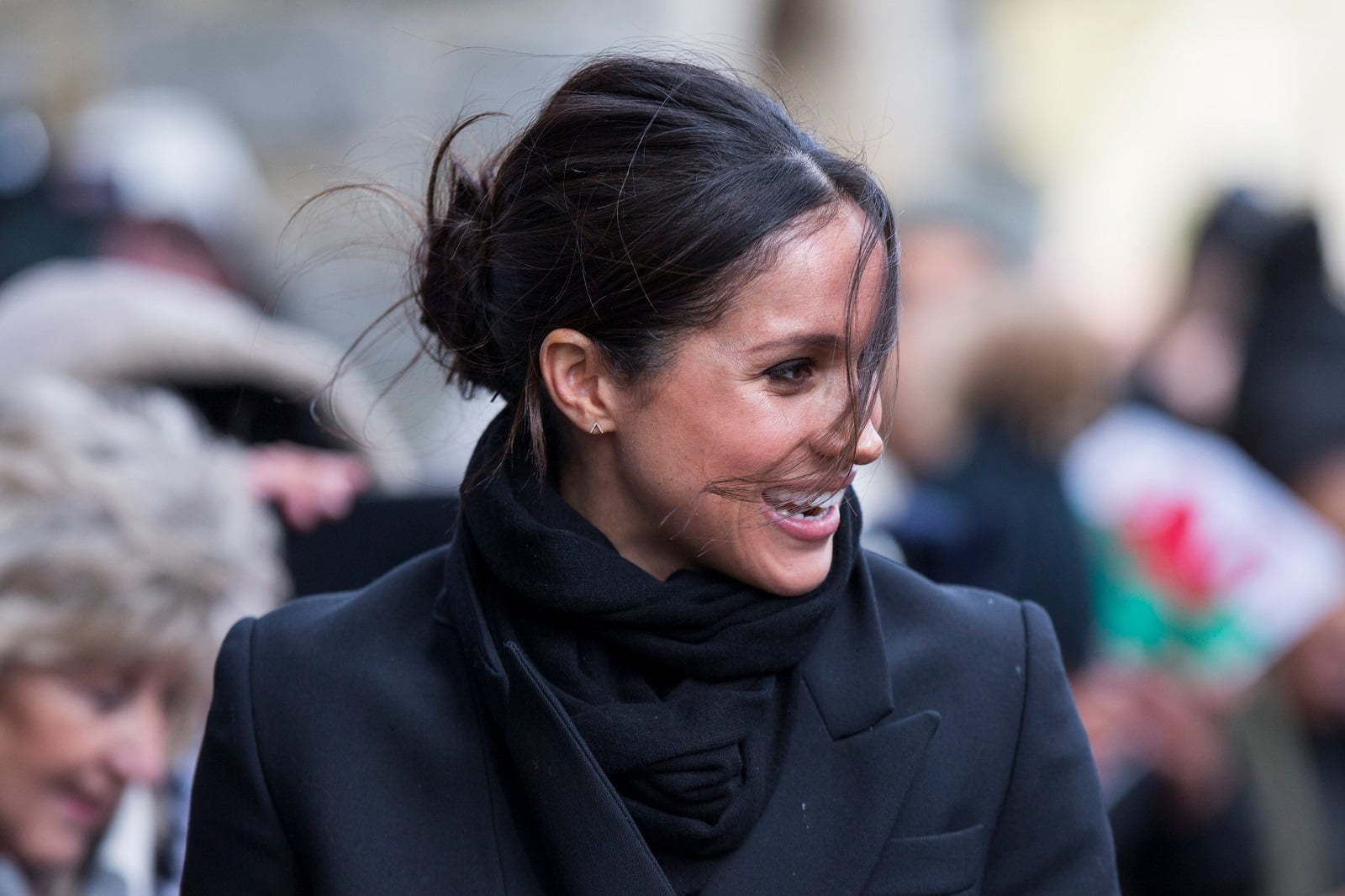
This outdated notion no longer holds; many royals, including Prince William and Prince Harry, have married commoners. The rules around royal marriages are more about protocol and less about bloodline.
6. They Are Exempt From All Laws

While the sovereign is immune from legal action in domestic courts and cannot be sued, this does not extend to the rest of the family. Royals are expected to abide by the law, and there are instances where they have faced legal challenges.
7. The Monarch Can Dismiss the Prime Minister Anytime

The monarch’s role in appointing or dismissing a Prime Minister is guided by parliamentary democracy. They act when a Prime Minister loses the confidence of the House of Commons, not at personal discretion.
8. All Royals Live in Palaces
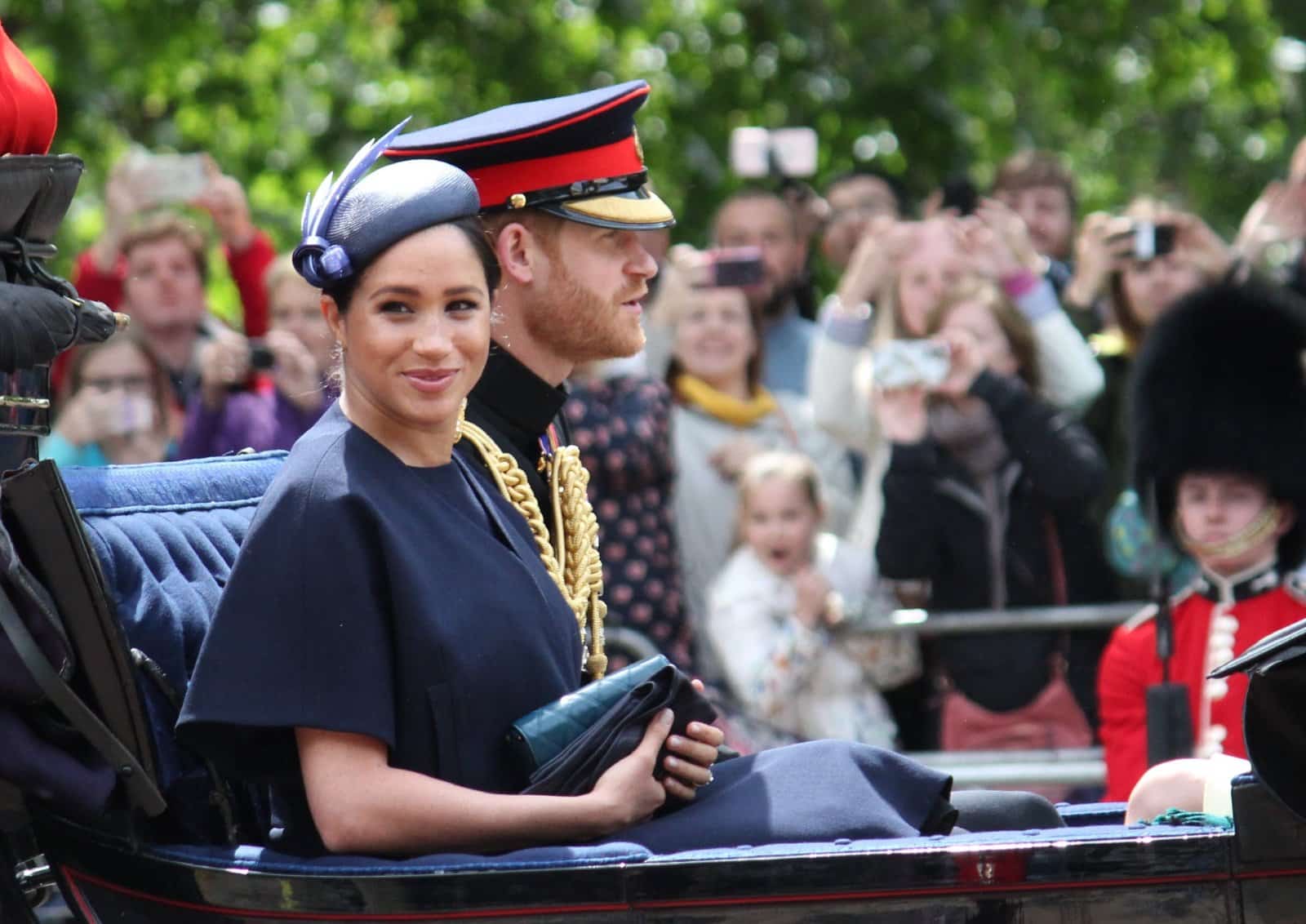
While palaces are part of the royal estate, not all royals live in them. Many reside in private residences or smaller royal houses. The use of palaces is often for official functions and ceremonies.
9. They Have No Personal Freedoms
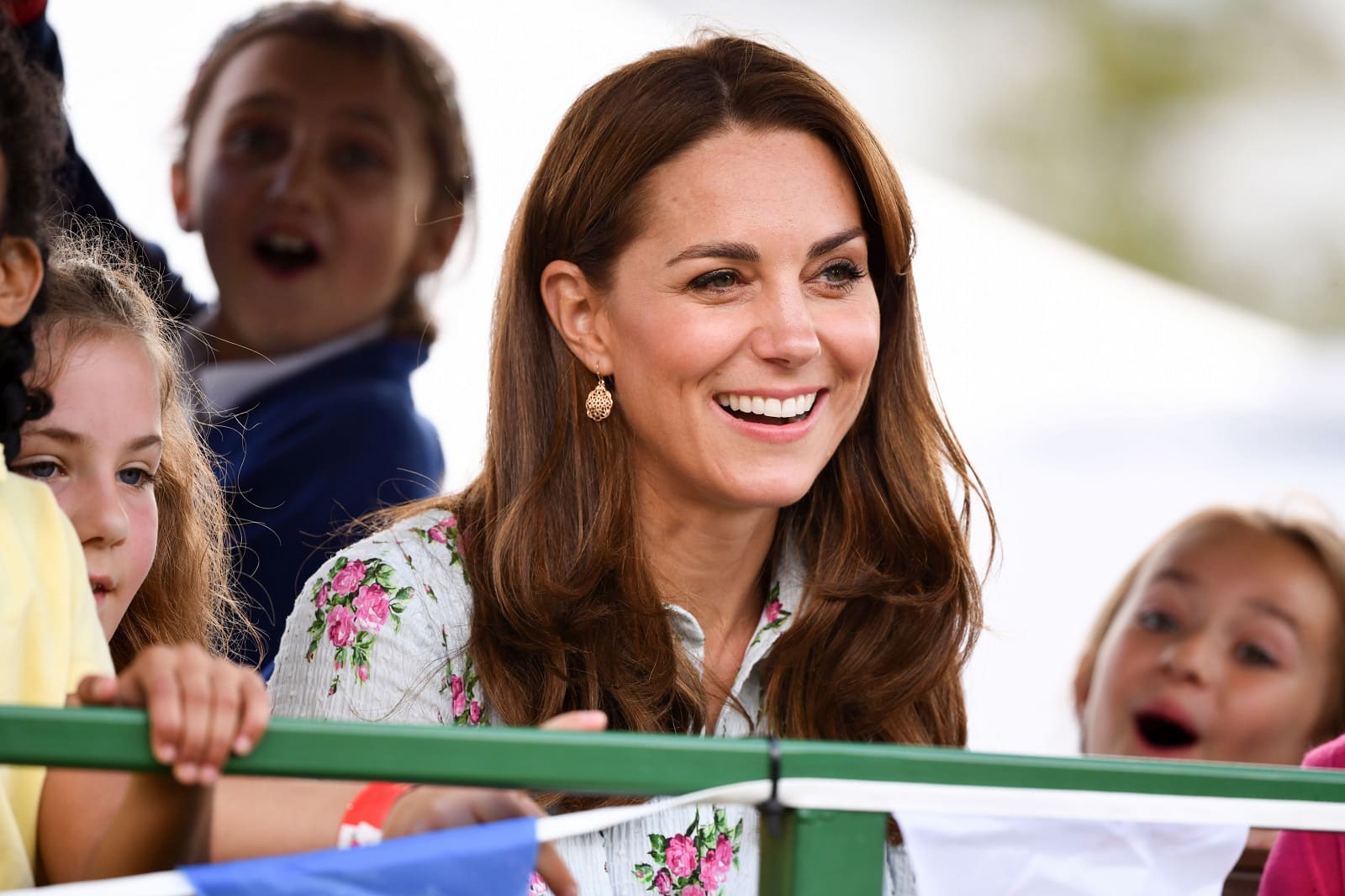
While royal life comes with intense scrutiny and a need for protocol, royals do enjoy personal freedoms. They have hobbies, personal interests, and the ability to make many personal life choices, albeit within a more public gaze.
10. The Crown Jewels Are Their Personal Property
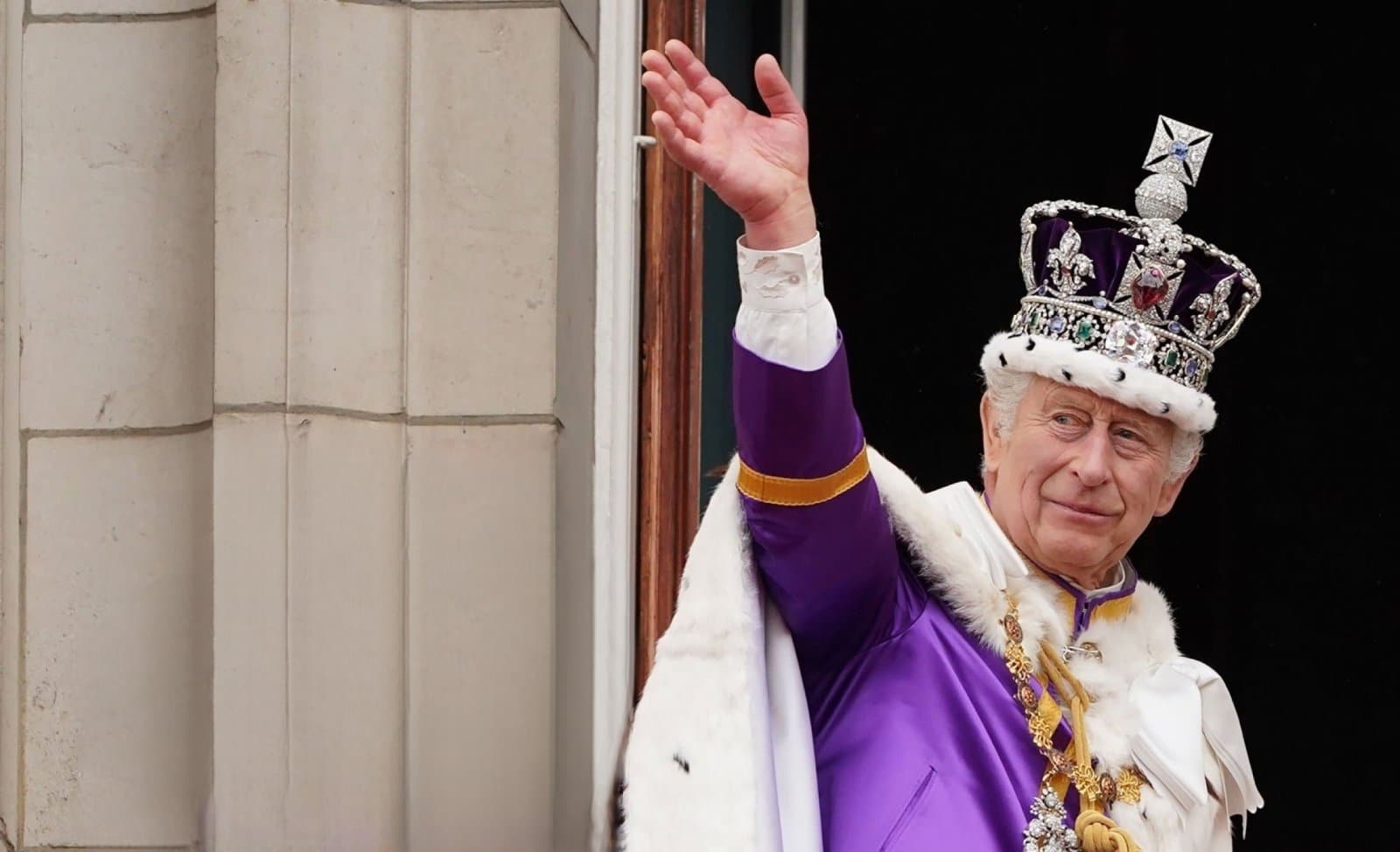
The Crown Jewels are symbols of the monarchy and are held in trust for the nation. They are not the personal property of any royal and cannot be sold or passed down as personal inheritance.
11. They Can Do No Work Outside Royal Duties
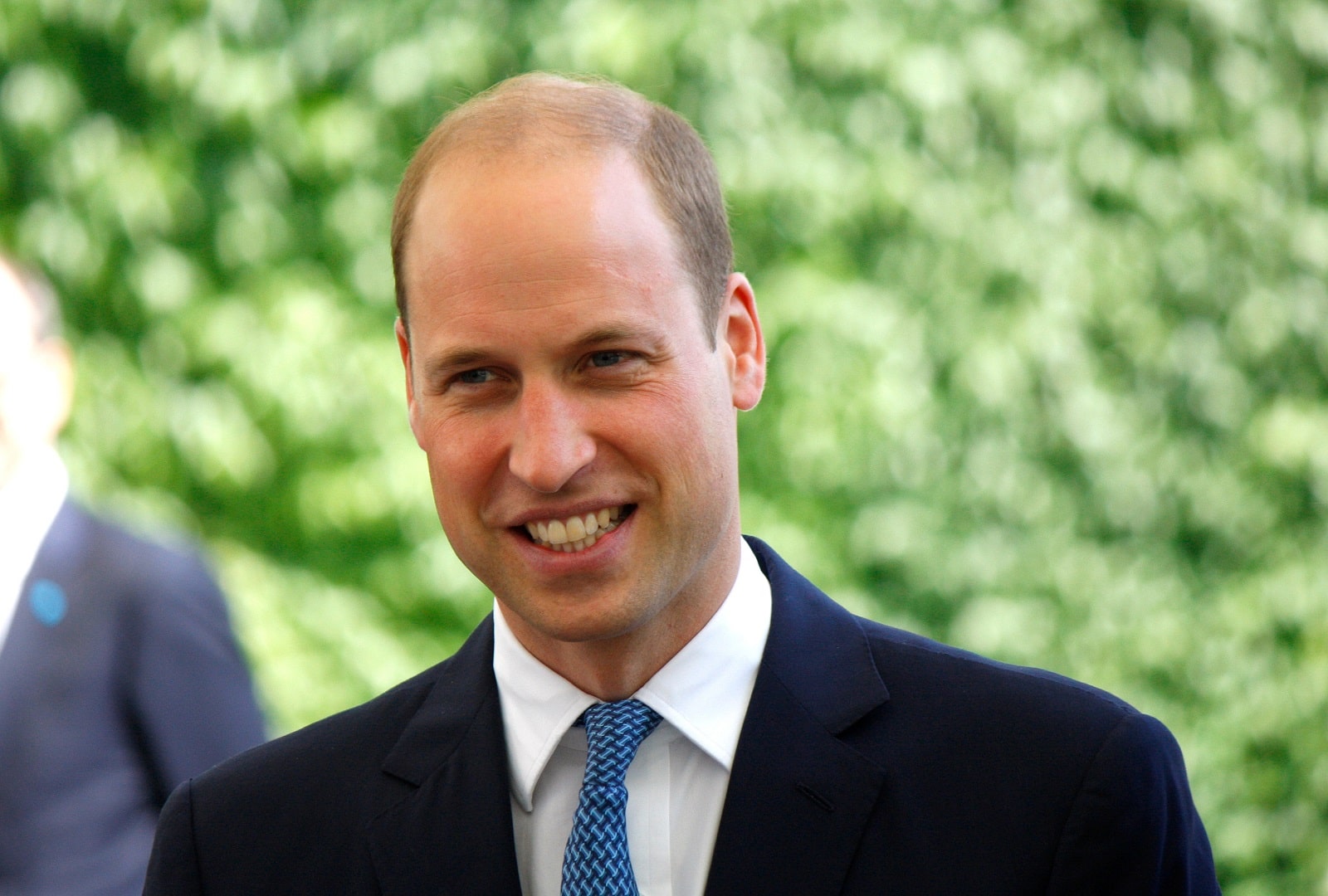
Many royals have pursued education and careers outside their official roles. Prince William served in the RAF, and others have held various professional and charitable roles.
12. Royal Children Are All Homeschooled
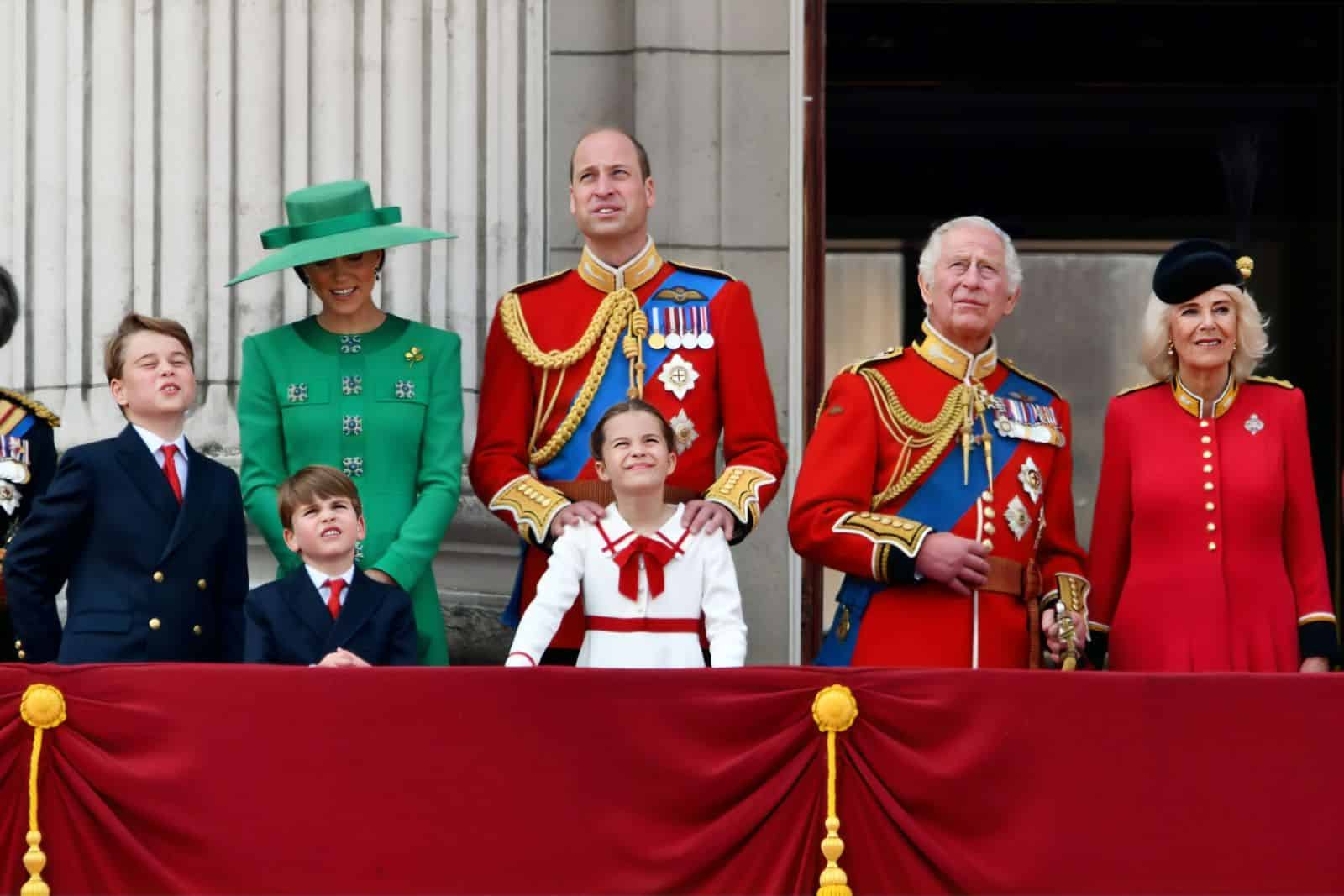
Royal children have increasingly attended public and private schools, with recent generations attending well-known institutions like Eton College and the University of St. Andrews.
13. They Must Always Dress Formally
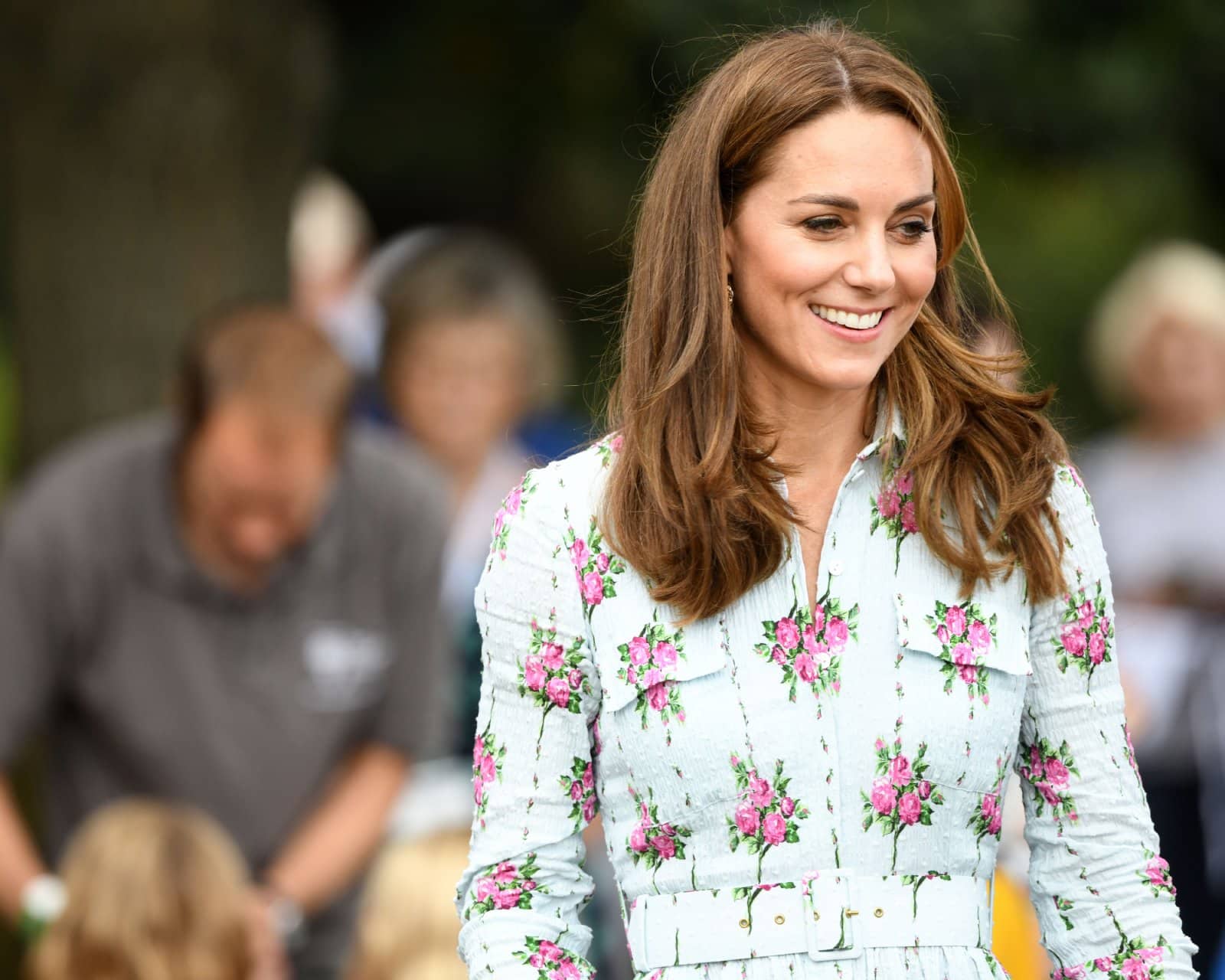
While there is a strong tradition of formal dress for official events, royals are often seen in casual attire in their personal time or during less formal engagements.
14. They Don’t Pay Taxes

Since 1992, the sovereign has voluntarily paid income and capital gains tax, and other royals are subject to taxes like any other citizen.
15. The Royals Are Purely British
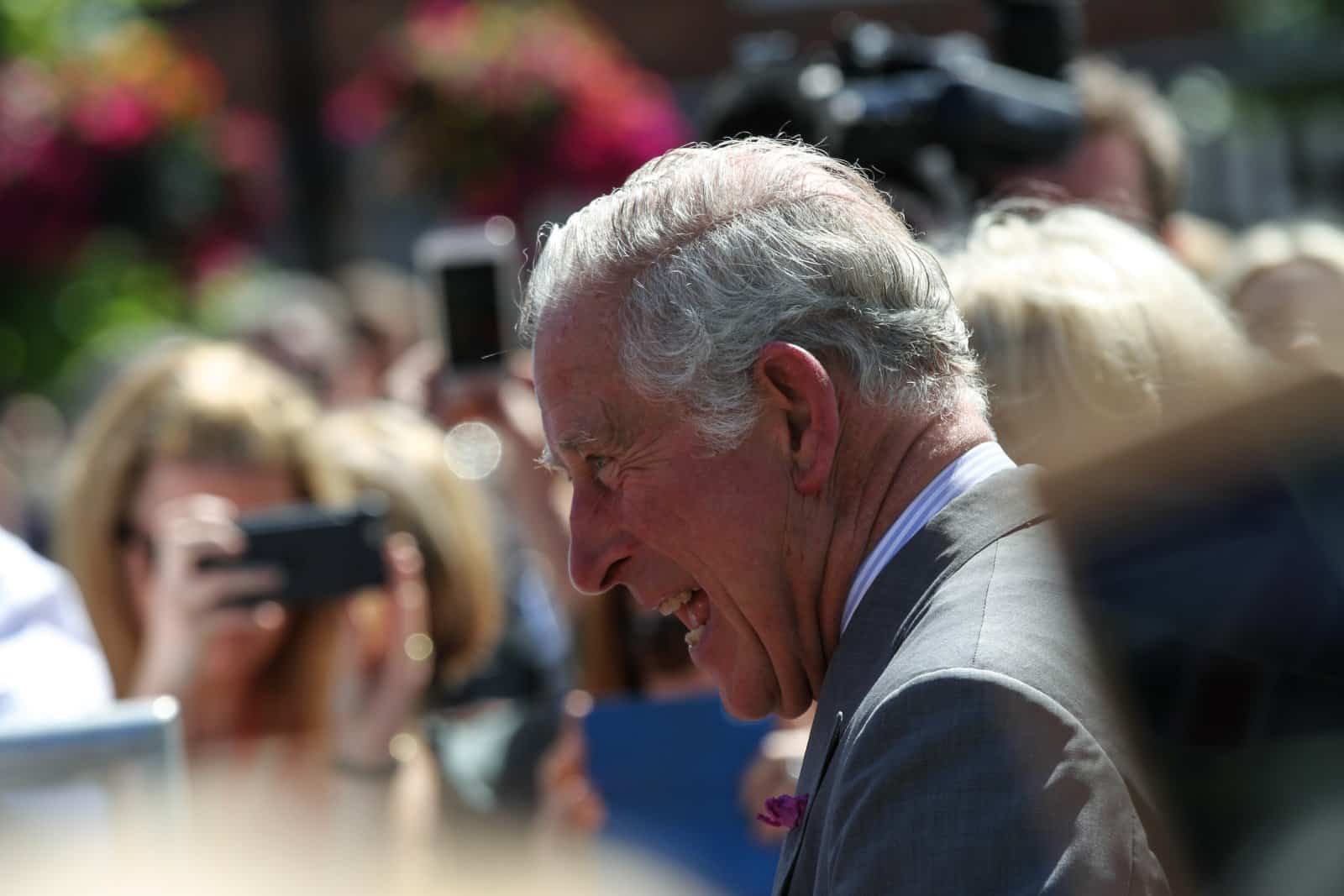
The British Royal Family has a diverse heritage, including German, Greek, and Russian ancestry, reflecting centuries of European royal intermarriage.
16. They Can’t Show Emotion in Public

This misconception has faded, especially in recent years, as royals have shown emotion during public events, revealing a more human side to their roles.
17. Their Marriages Are Always Arranged
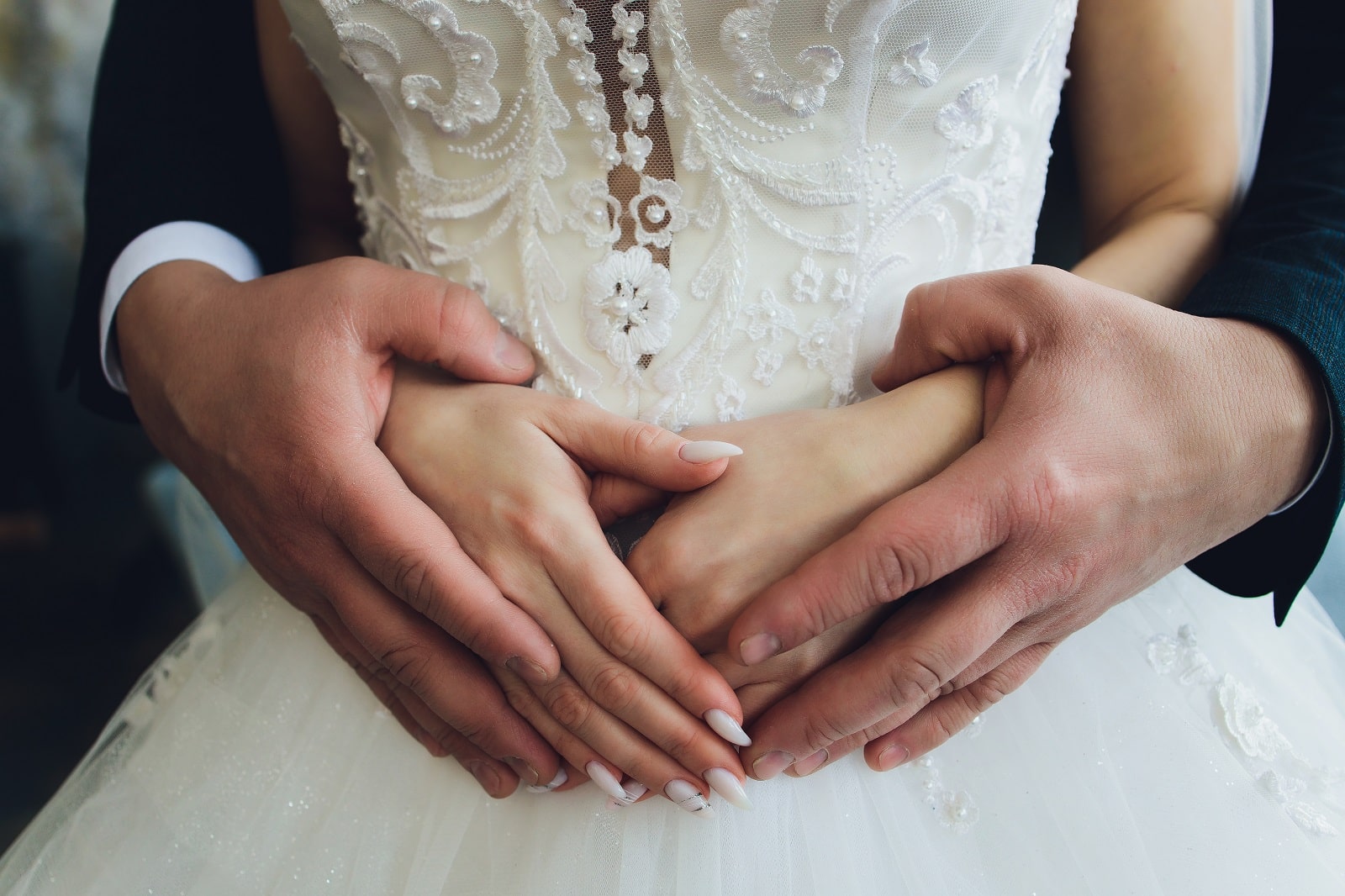
Modern royal marriages are based on personal choice rather than political alliances. The family’s approval is sought more for tradition and respect than as a requirement.
18. They Are Distant From Common People
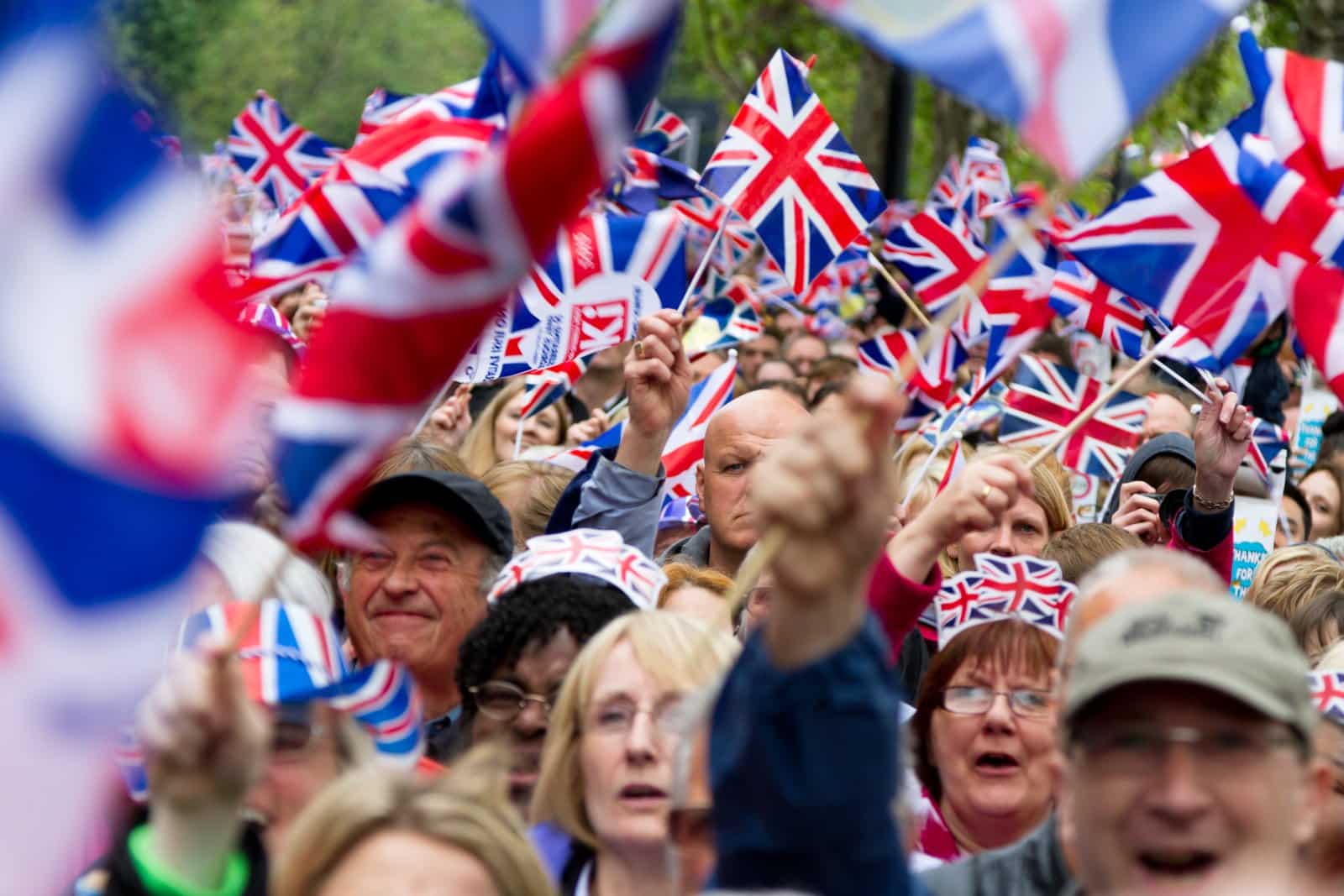
While there is an element of separation, the royal family engages in numerous public events, charity work, and causes that bring them into contact with people from all walks of life.
19. The Line of Succession Is Immutable

The line of succession can change with births, deaths, and, since changes to the laws in 2013, it is no longer affected by gender or marriage to Roman Catholics.
20. They Lead a Luxurious Life Without Stress
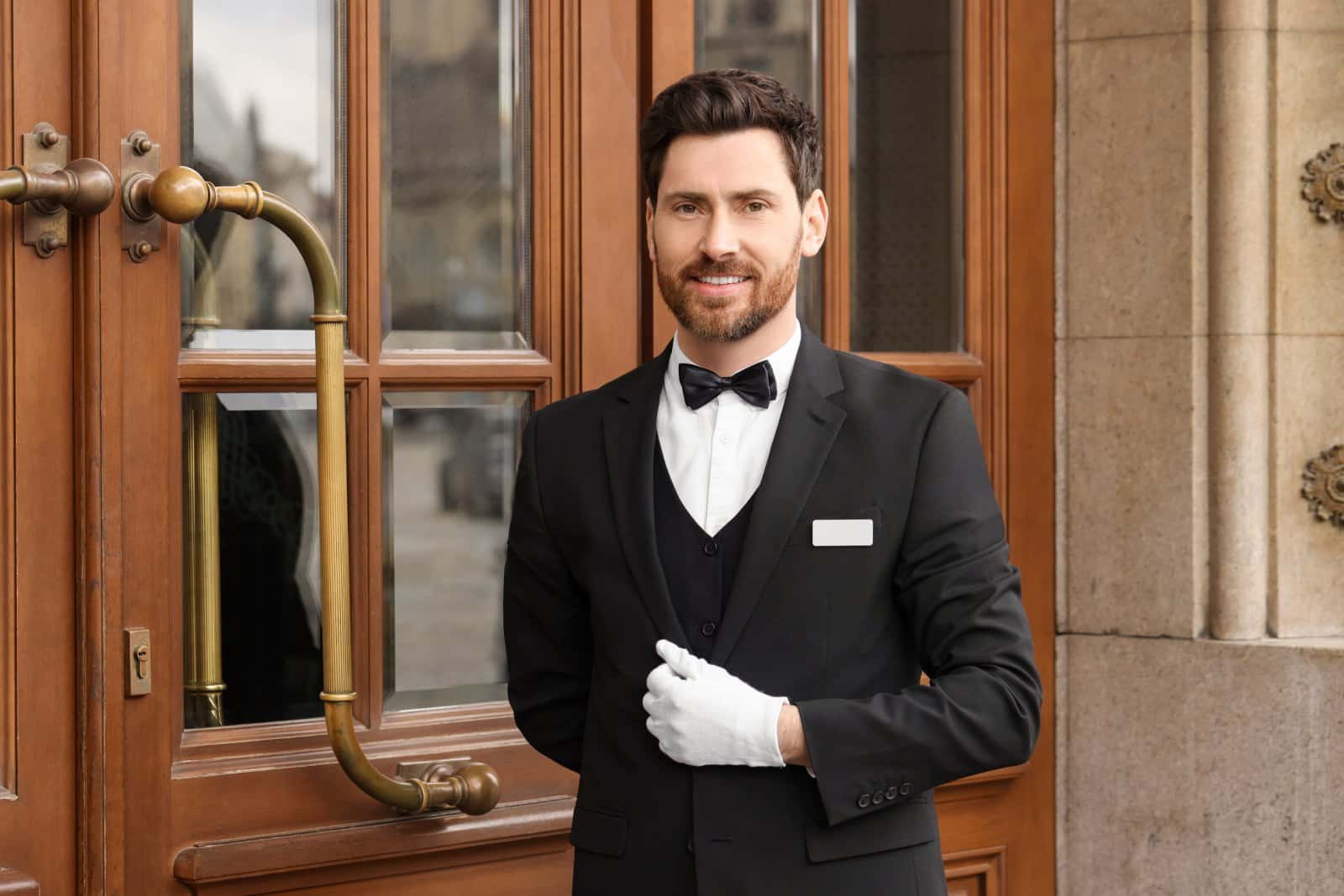
Despite their wealth and privilege, royals face intense media scrutiny, public pressure, and a rigorous schedule of duties that can contribute to significant personal stress.
21. Royal Protocols Are Unchanging
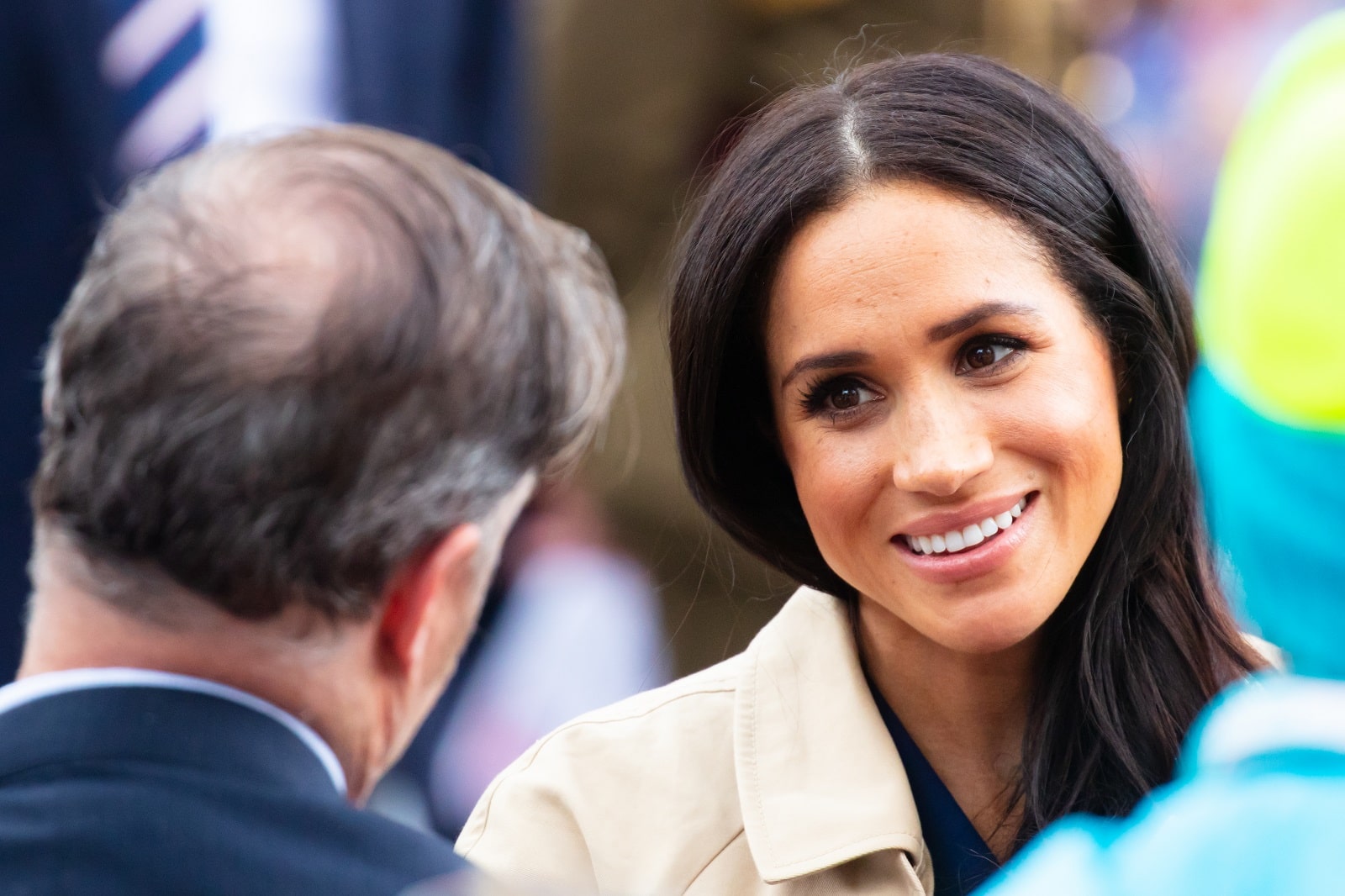
Protocols and traditions evolve with time. King Charles III and other modern royals have shown a tendency to adapt and modernize royal protocols to better fit contemporary society.
Rethink What You Know
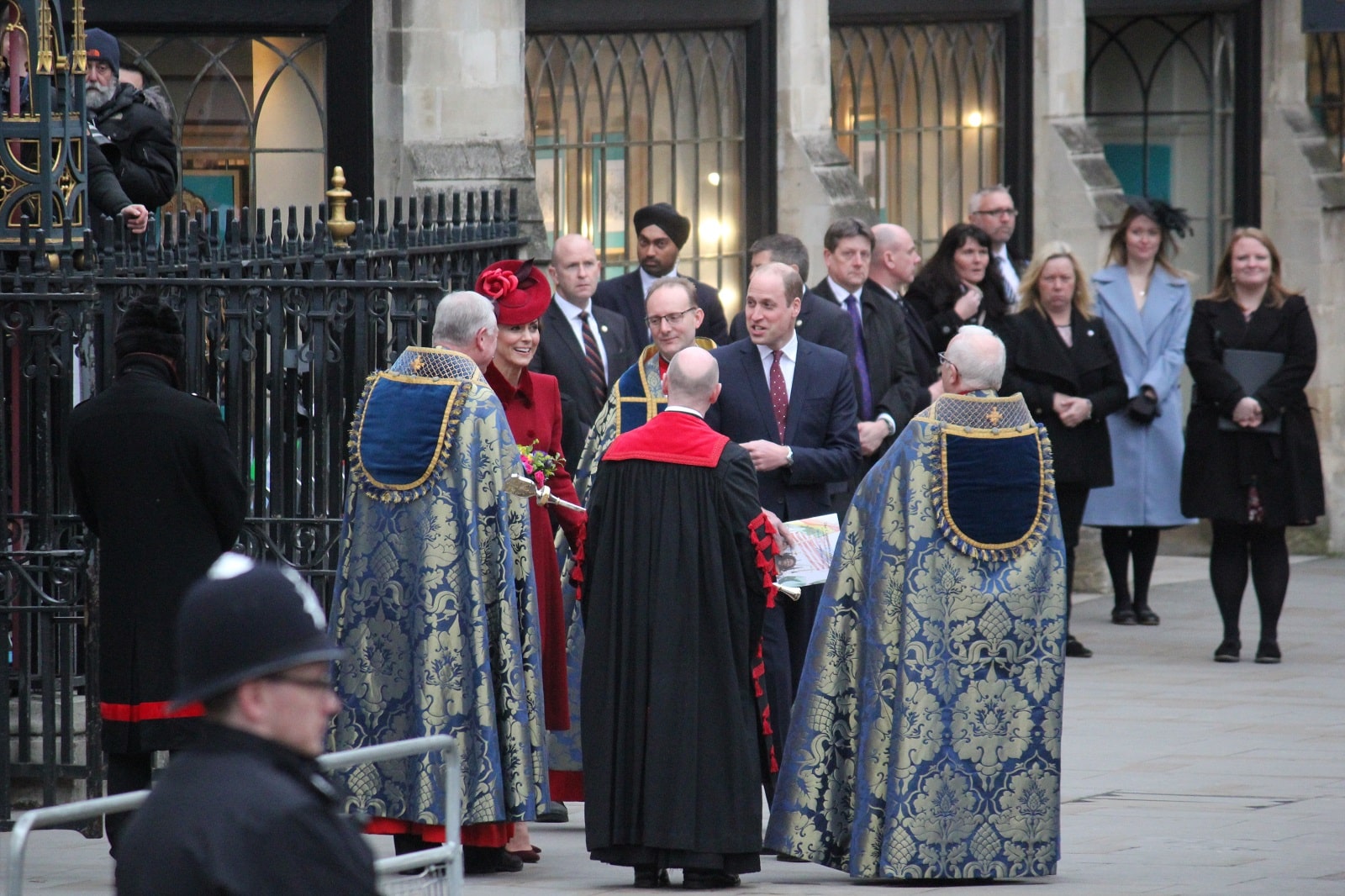
So, how many of these misconceptions had you believed? The British Royal Family is more than just a symbol; it’s a dynamic institution evolving with the times. Have these insights changed your view of the monarchy?
The post 21 Lies You’ve Been Told About the British Royal Family first appeared on Swift Feed.
Featured Image Credit: Shutterstock / Muhammad Aamir Sumsum.
For transparency, this content was partly developed with AI assistance and carefully curated by an experienced editor to be informative and ensure accuracy.

